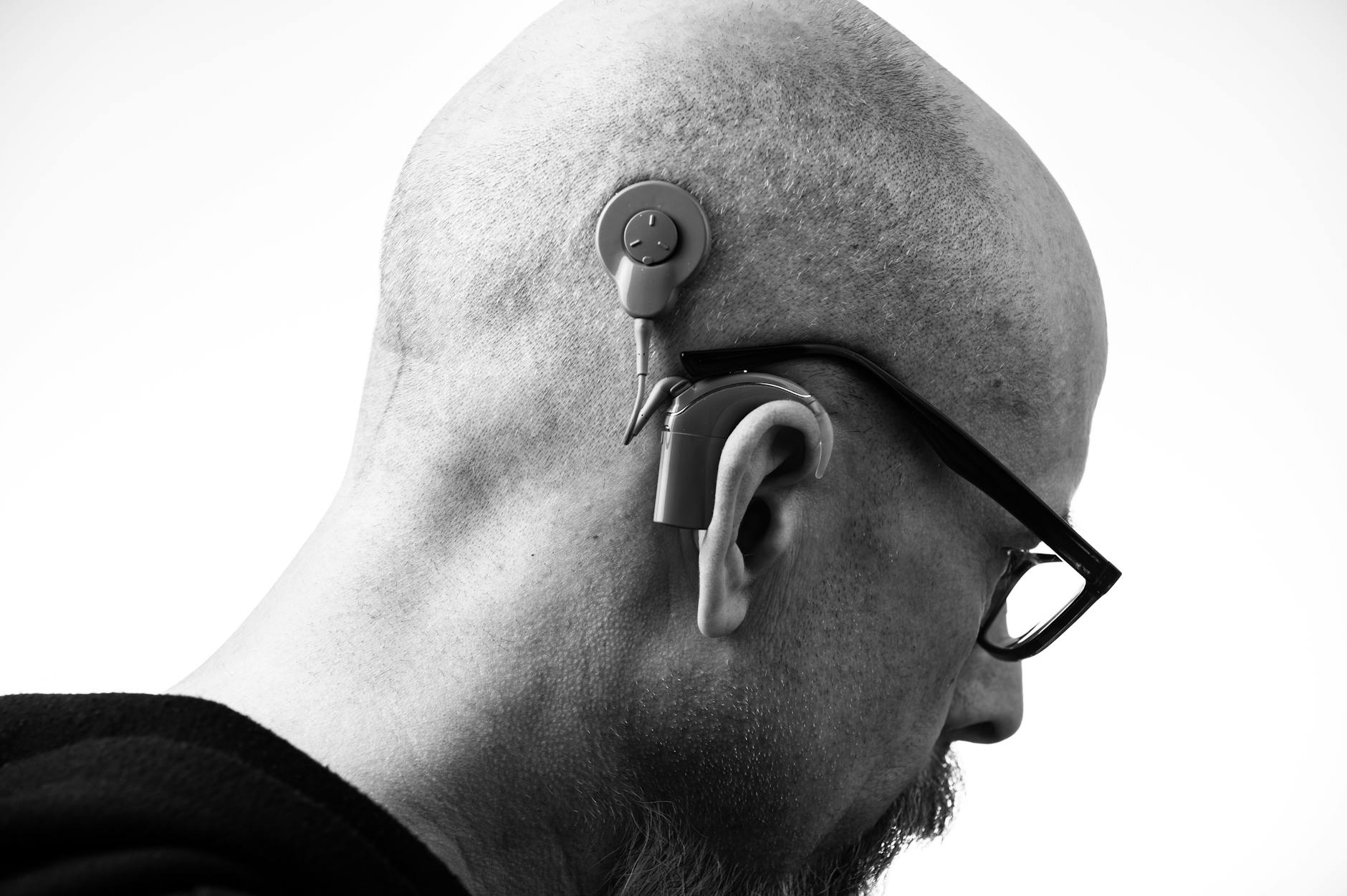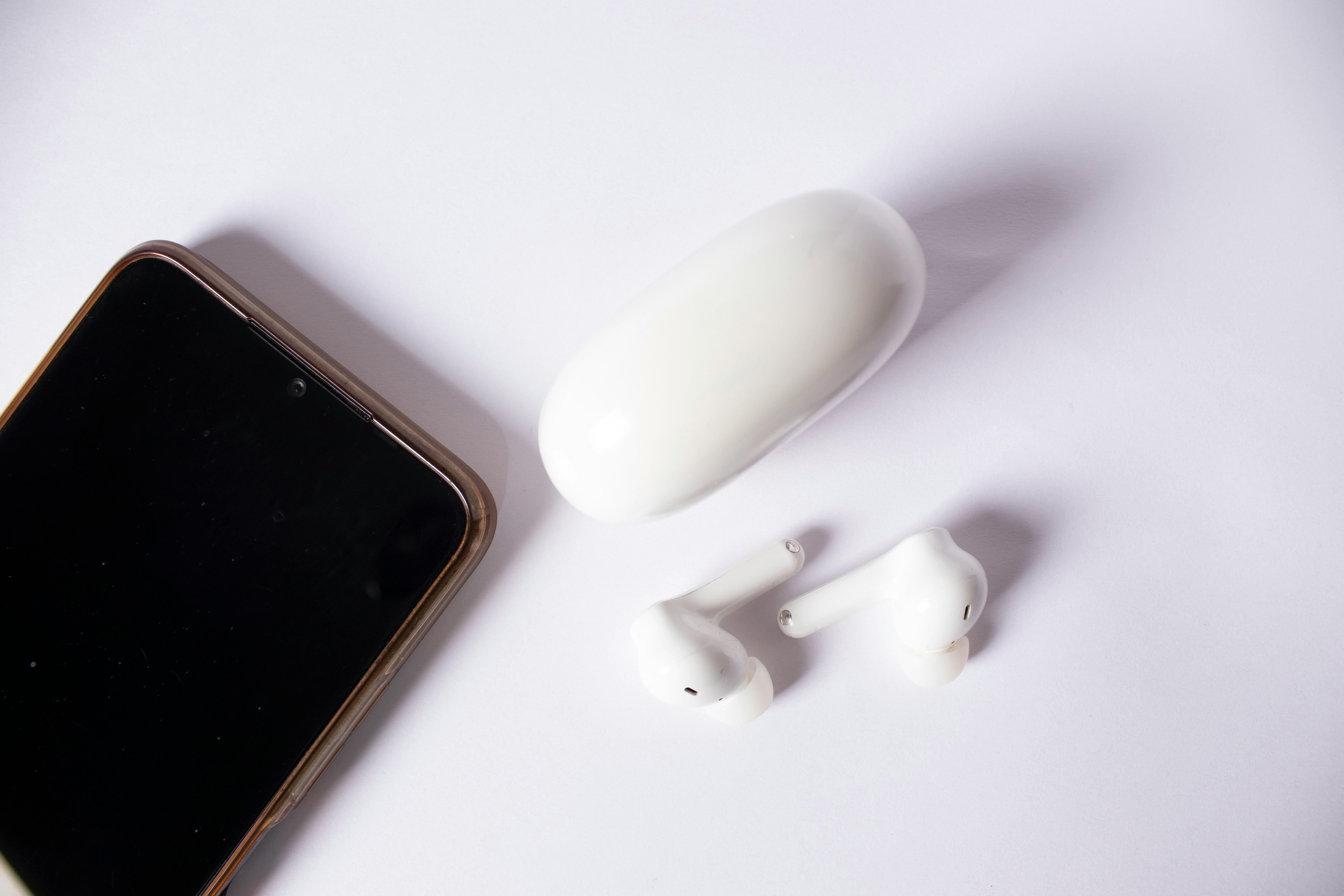Lede: If your ears have started ringing louder at night, if busy restaurants feel fuzzier than they used to, or if everyday sounds suddenly seem too sharp—no, you’re not imagining it. As hormones change in perimenopause and menopause, your hearing and tinnitus can change too. Here’s how to spot it early, what’s happening under the hood, and the practical steps that make a real difference.
First, a quick orientation: Hormones and your hearing
Your inner ear isn’t just a microphone; it’s living tissue that thrives on blood flow, oxygen, and finely tuned nerve connections. Estrogen and progesterone receptors have been identified in parts of the auditory system, and estrogen in particular seems to support:
- Healthy blood supply to the cochlea (the inner ear’s sensory organ)
- Synapse function between hair cells and the auditory nerve
- Central auditory processing—how your brain sorts speech from noise
During perimenopause and menopause, estrogen levels fluctuate and then trend lower. For some people, this can mean:
- Slightly greater vulnerability to noise exposure
- Changes in how the brain filters sound, especially in complex, noisy places
- More noticeable tinnitus (ringing/buzzing) or sound sensitivity
Important note: not everyone experiences hearing changes with menopause, and many factors influence midlife hearing—age, lifetime noise exposure, cardiovascular health, medications, and genetics among them.
What you might notice around midlife
- Conversations in noise are harder, even if a standard hearing test looks “normal”
- Tinnitus that spikes with stress, poor sleep, or hot flashes
- Sounds that feel too loud or sharp (sound sensitivity)
- More fatigue after social events—your brain is working harder to listen
- Episodic dizziness or lightheadedness (which can also tie into blood pressure, hydration, and sleep)
If any of this rings true, a baseline hearing evaluation is a smart, low-stress place to start—think of it like a blood pressure check for your ears.
What the science says (and doesn’t yet)
We have growing, but not perfect, evidence:
- Age-related hearing loss (presbycusis) is common—and begins earlier than most people think. Midlife is often when subtle changes accumulate enough to notice.
- Estrogen may be protective for the inner ear and central auditory pathways, which could help explain why some people report new or changing tinnitus and listening difficulties during perimenopause.
- Observational studies link earlier menopause and certain cardiovascular risk factors with greater hearing difficulty. Because the inner ear is highly vascular, anything that improves microcirculation tends to be good for hearing, too.
- Hormone therapy (HT) and hearing: evidence is mixed. Some studies suggest neutral effects; a few show potential benefit or risk depending on formulation, timing, and individual health. There isn’t a one-size-fits-all answer yet.
Bottom line: we can’t blame menopause for every ear change, but it’s reasonable to consider hormones as one of several contributors during this life stage.
Actions that help now (no waiting required)
1) Get your baseline hearing on record
- Book a comprehensive hearing test with an audiologist—ideally around ages 45–55 if you haven’t had one.
- Ask for speech-in-noise testing. It can reveal listening difficulties even when pure-tones look fine.
- Repeat every 1–2 years, or sooner if you notice a change. A baseline makes trends easy to spot.
2) Make noise exposure painless for your future self
- Carry comfortable earplugs for concerts, fitness classes, stadiums, and power tools.
- At work and home, manage sound levels: close the door, use soft furnishings, consider noise-dampening panels if you’re on calls all day.
- Headphones: aim for 50–60% of max volume, and enable any built-in volume limiters on devices.
3) Soothe tinnitus by calming the spikes
- Sleep: a consistent schedule helps. Use background sound at night (fan, rain, or a tinnitus app) to reduce the contrast against silence.
- Stress: try brief, frequent resets—4–6 slow breaths, a 5-minute walk, or a body scan meditation. Cognitive behavioral strategies can make tinnitus less intrusive.
- Hot flashes: cooling techniques (layered clothing, bedside fan, chilled water) can reduce vasomotor surges that often aggravate tinnitus.
4) Support your ear’s microcirculation
- Cardio: 150 minutes/week of moderate activity supports vascular health that the cochlea depends on.
- Blood pressure, glucose, and lipids: keep them in target ranges with your healthcare team—what’s good for your heart is usually good for your hearing.
5) Be medication-aware
- Common drugs like high-dose NSAIDs, some antibiotics, loop diuretics, and certain chemotherapy agents can affect hearing or tinnitus in some people.
- Don’t stop medications on your own. If you suspect a link, talk with your prescriber about dose, timing, or alternatives.
6) Track your personal triggers
- Some people find caffeine, alcohol, or high-salt meals temporarily aggravate tinnitus or fullness. Others don’t.
- Keep a simple 2-week log (sleep, stress, diet, menstrual status if perimenopausal, tinnitus rating). Look for patterns, not perfection.
7) Hormone therapy: a balanced view
- HT is prescribed for vasomotor symptoms, bone health, and quality-of-life—not specifically for hearing or tinnitus.
- Current research on HT’s impact on hearing is mixed. If you’re considering HT, include hearing and tinnitus in the conversation with your clinician.
- If you’re already on HT and notice ear changes, share that with both your prescriber and an audiologist to coordinate care.
8) Technology that helps right away
- Hearing aids: Even with mild hearing loss, modern devices can sharpen speech and reduce listening effort. Many include tinnitus sound support features.
- Remote microphones: A small clip-on mic for a partner or presenter can make restaurants and meetings dramatically easier.
- Sound therapy apps: Explore steady noise, modulated tones, or nature sound libraries to find a profile that settles your brain’s “threat detector.”
If you’re unsure where to start, an audiologist can triage quickly: test your hearing, explain your results in plain language, and help you build a plan that fits your life.
When to call sooner rather than later
- Sudden hearing loss in one or both ears over hours to a few days—treat as urgent. Seek same-day medical evaluation.
- New, one-sided tinnitus or tinnitus with ear fullness, pain, or noticeable balance problems.
- Rapid change in hearing, or worsening asymmetry between ears.
- Ear pain, drainage, or fever—possible infection needs medical care.
These red flags are about timing, not panic. The sooner you’re seen, the better the odds of protecting your hearing.
How an audiologist can help during menopause
- Baseline and monitoring: Track changes over time so small shifts don’t become big surprises.
- Personalized sound strategies: From device settings to room acoustics, tiny tweaks can strip away listening stress.
- Tinnitus management: Sound therapy, counseling, and habits that shrink tinnitus from “front row” to “background.”
- Care coordination: If blood pressure, sleep apnea, migraines, or medications are in the mix, your audiologist can collaborate with your medical team.
You don’t have to wait for a “serious” problem to get help. Better hearing now pays dividends in energy, mood, and connection—at home, at work, and everywhere you want to be heard.
Mini action plan you can start today
- Book a baseline hearing test (add speech-in-noise).
- Put earplugs in your bag or car—make protection automatic.
- Pick one small daily stress reset (5 slow breaths or a brisk 10-minute walk).
- Set your phone’s volume limiter and aim for 50–60% of max.
- Try soft background sound at bedtime if tinnitus is loud in the quiet.
Small, steady steps are powerful—especially during seasons of change.
Further Reading
- Diabetes and Your Hearing: What High Blood Sugar Does to Your Ears (and How to Protect Them) (Hearing Loss) - Your Medicine, Your Ears: Preventing Drug‑Induced Hearing Loss (Hearing Loss) - Your Heart, Your Hearing: The Cardiometabolic Link You Can’t Afford to Ignore (Research) - Long COVID and Your Hearing: What We Know (and What to Do Next) (Research)Frequently Asked Questions
Does menopause cause hearing loss?
Menopause doesn’t directly cause hearing loss for everyone, but hormonal changes can interact with age, noise history, cardiovascular health, and medications to influence how you hear—especially in noisy places. Some people notice more tinnitus or listening fatigue during perimenopause. A baseline hearing test helps separate normal aging from treatable issues.
Can hot flashes make tinnitus worse?
Yes, many people report tinnitus spikes during or after hot flashes. Rapid temperature and blood flow changes, plus stress and sleep disruption, can increase how noticeable tinnitus feels. Cooling strategies, steady sleep, and background sound often help smooth those spikes.
Will hormone therapy improve my hearing or tinnitus?
Research is mixed. Hormone therapy is prescribed for menopausal symptoms and bone protection, not specifically for hearing or tinnitus. Some studies suggest neutral effects; others show potential benefit or risk depending on the formulation and timing. If you’re considering or using hormone therapy, discuss hearing goals with your clinician and keep up with routine hearing checks.
How often should I test my hearing during perimenopause and menopause?
If your hearing is stable, every 1–2 years is reasonable. Go sooner if you notice new tinnitus, sudden changes, one-sided symptoms, ear pain, or dizziness. Anyone with significant noise exposure or a family history of hearing problems may benefit from annual testing.



